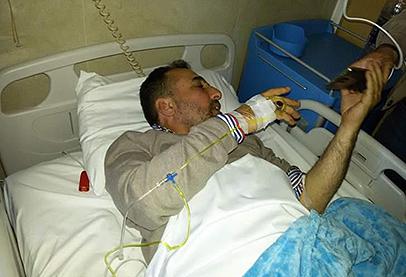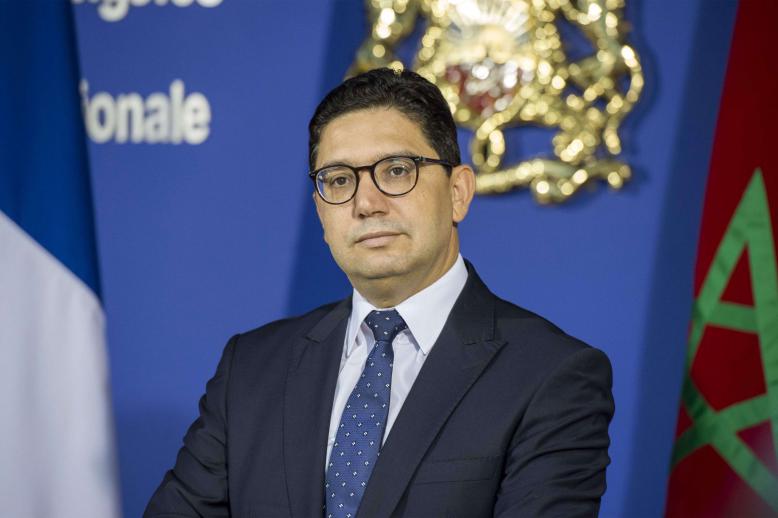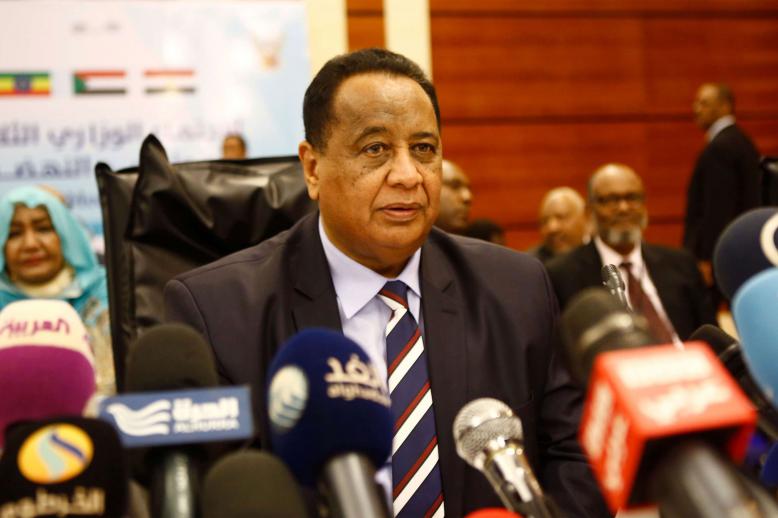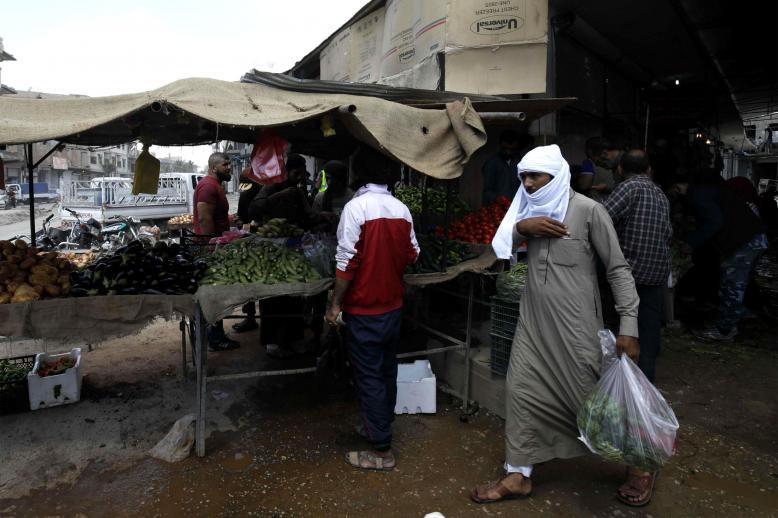Lebanese election assault victim says attack ‘reflects Hezbollah’s confusion’

Lebanese journalist and parliamentary candidate Ali al-Amin was hospitalised after being attacked by a group of suspected “Hezbollah thugs” near his home in Chaqra.
Amin, an outspoken critic of Hezbollah who is challenging the party’s coalition in legislative elections May 6, was allegedly beaten by dozens of men while hanging campaign posters near his home. Amin said a group of approximately 30 men attacked him after he refused to take down the posters on April 22.
“I’m at the hospital now. My tooth is broken, I have very severe back pain and was hit in the head,” said Amin, adding that the attack was by “an organised group of well-known guys, authorised by Hezbollah.”
Hezbollah denied involvement in the attack and said it “condemned resorting to violence” during the democratic process. Amin and his supporters, however, say the attack was part of an orchestrated campaign to intimidate opponents.
Amin, who is a columnist with The Arab Weekly’s sister publication Al Arab, told The Arab Weekly that the attack came after his list — the Shabi’na Haki (We’ve Had Enough Talk) — garnered significant support in the Third Southern District (Nabatiyeh, Bint Jbeil, Hasbaya, Marjayoun), a traditional Hezbollah stronghold.
“Things seemed to progress well at first. We noticed afterward that their [Hezbollah’s] reactions became confused. On the one hand, they want to allow our activities but, on the other, they can’t stand losing to us,” Amin said.
He accused Hezbollah of organising a smear campaign against him and his list that has grown more intense leading up to the elections. The attack, Amin said, has been adopted by the entire Lebanese political class, including “those who were supposed to be our allies.”
“This is why we opted to form an independent list,” he said. “We had no illusion of being able to beat the opposing lists. We did, however, feel that we had something important that would enable us to establish our presence, which in turn will give us more space for post-election manoeuvring.”
Amin, a Shia Muslim, said that despite his list’s principled opposition to Hezbollah, members tried to tone down rhetoric considered provocative to the Iran-backed group.
“In our discourse, we focused on corruption and on the role of the Lebanese state and army and on [Lebanon’s] sovereignty without necessarily meaning to provoke Hezbollah,” he said.
“We should not say that life in South Lebanon is normal or that democracy there is thriving,” Amin insisted.
This article was originally published in The Arab Weekly.




